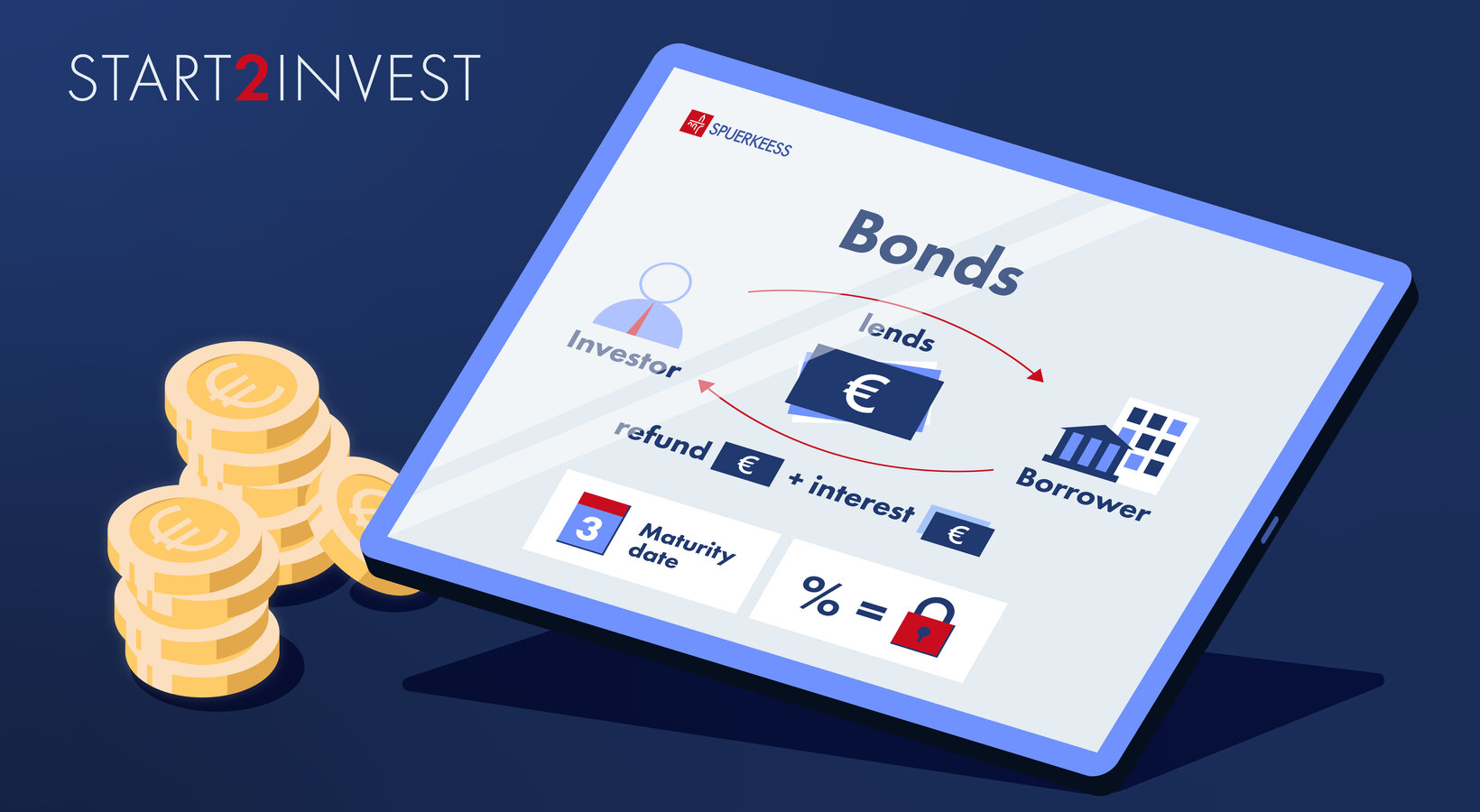September is the time for a fresh start!
The holidays may already seem a long time ago, but the university year has only just started. Wasn’t it great to be able to switch off your alarm, spend time with your friends, go away and swim in the sea? But before you start thinking about your next holiday, make the most of this new university year!





![[Translate to English:] [Translate to English:]](/fileadmin/_processed_/8/f/csm_272__FIN__Que_faire_apres_l_unif__01_0f17e00166.jpg)
![[Translate to English:] [Translate to English:]](/fileadmin/_processed_/d/2/csm_AideFi_Diplome_88d34755dd.png)

![[Translate to English:] [Translate to English:]](/fileadmin/_processed_/8/a/csm_255__To_do_list_06466e90eb.jpg)
![[Translate to English:] [Translate to English:]](/fileadmin/_processed_/e/e/csm_255__Bourse_872882e1eb.jpg)
![[Translate to English:] Budget, well-being, Relaxed couple contemplating their finances](/fileadmin/_processed_/1/9/csm_311__FIN__Mon_budget_mon_bien-etre__1__d02469e82e.jpg)
![[Translate to English:] [Translate to English:]](/fileadmin/_processed_/e/5/csm_parlons-argent-aux-enfants-289_95d8bb506a.jpg)
![[Translate to English:] [Translate to English:]](/fileadmin/_processed_/9/a/csm_290__Debit-_und_Kreditkarten__Mise_a_jour_N__85___1__19505e816a.jpg)
